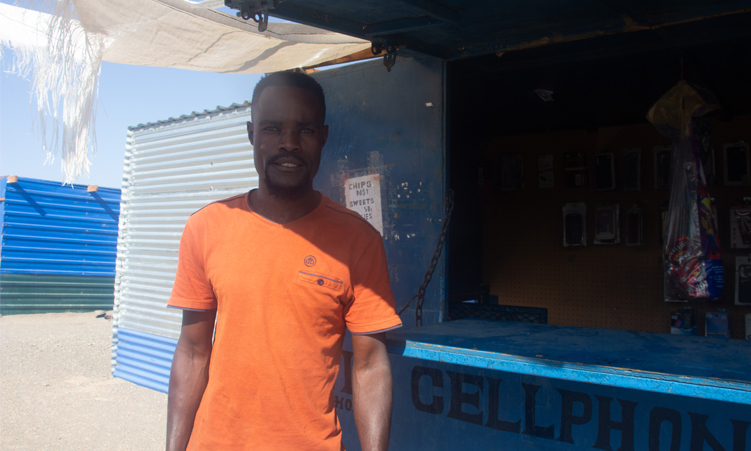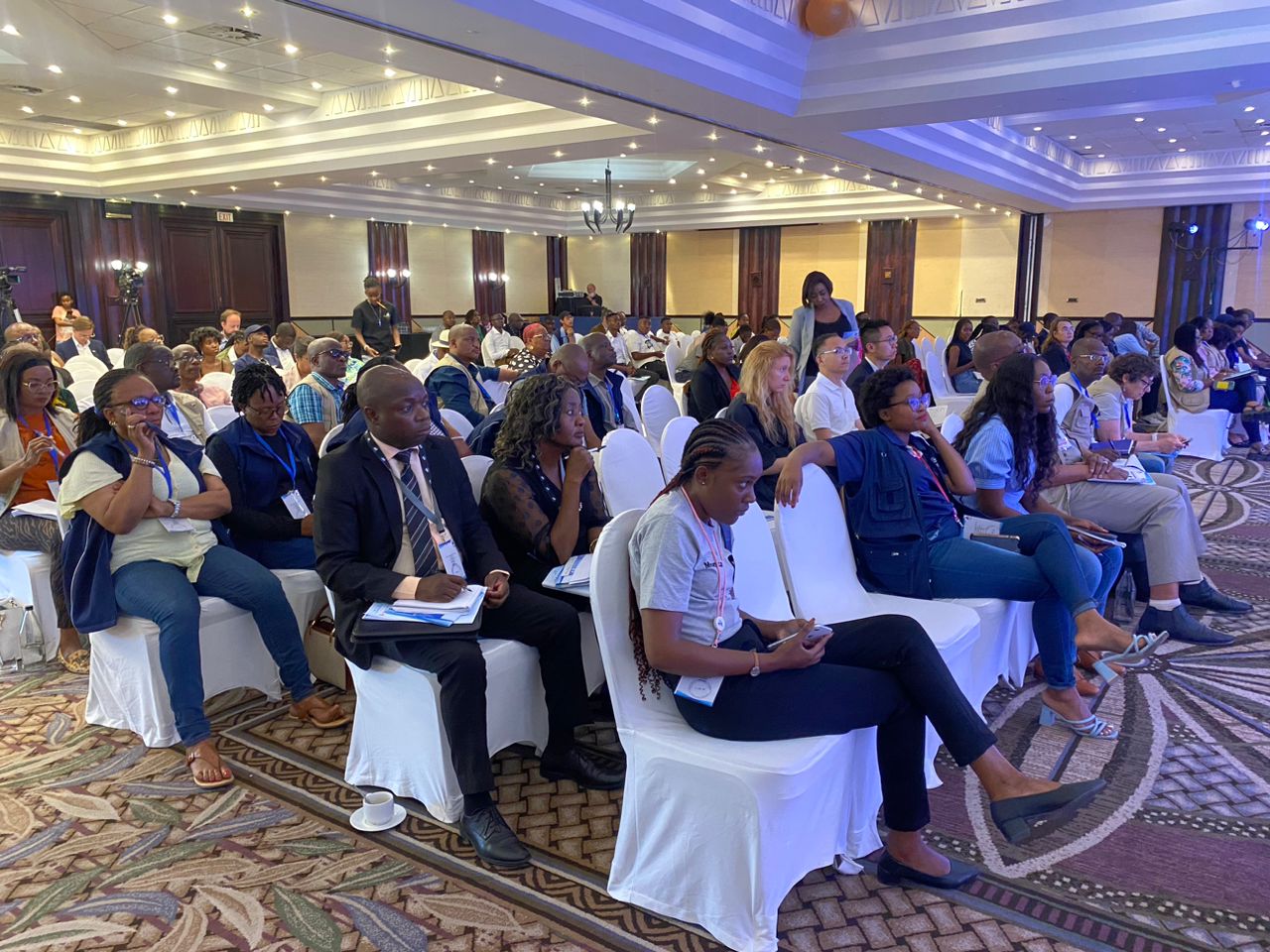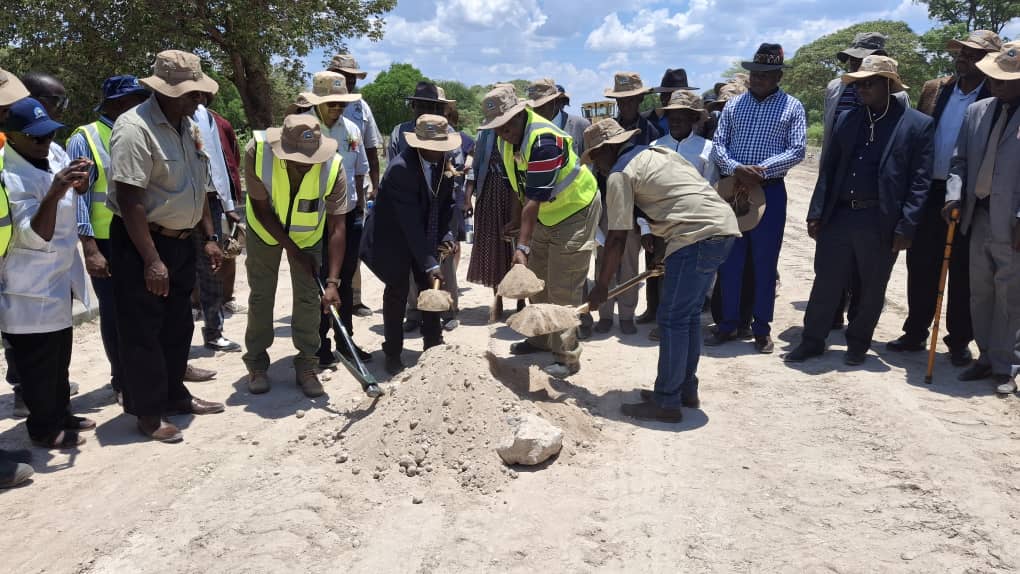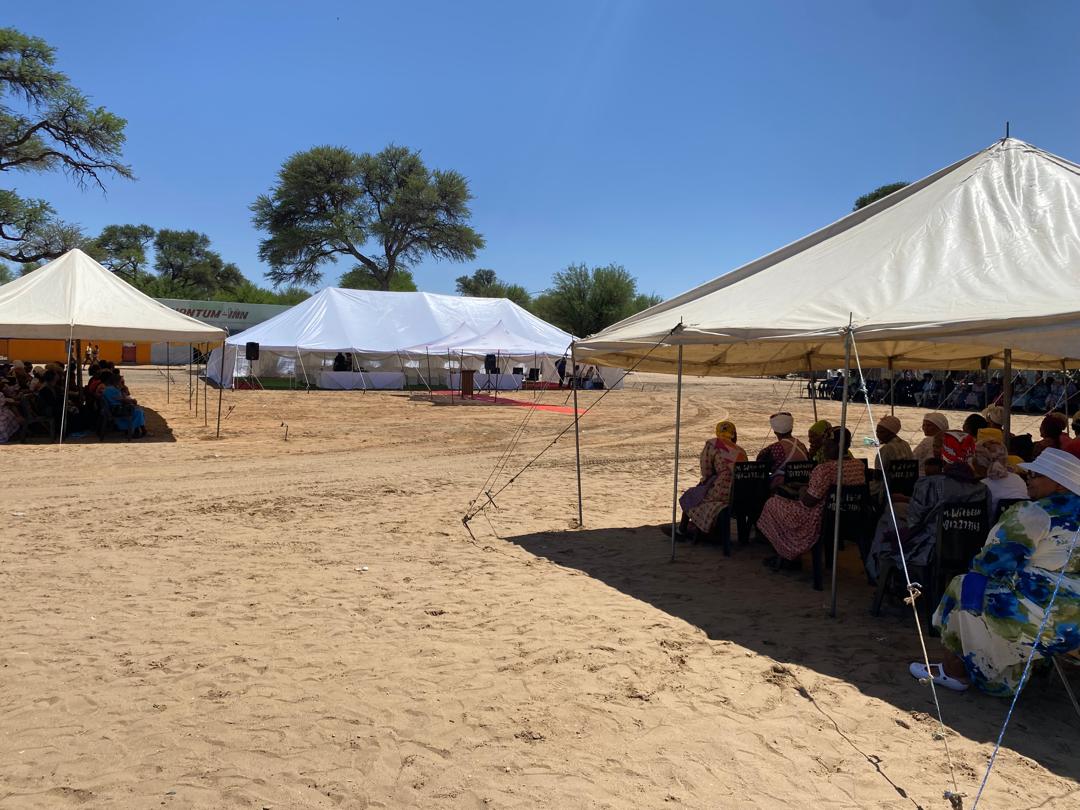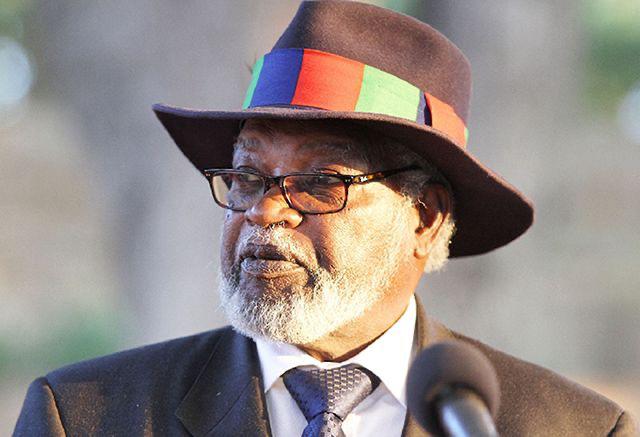In Oshakati’s hot sun, Souma Mutota (34) sits under a colourful umbrella, selling fruit and vegetables along the Oshakati-Okatana road.
Mutota has been a street vendor for nearly a decade.
She sources her produce from local farmers at the Etunda Irrigation Project and uses her meagre profits to support herself and her family.
Mutota says she has grown disillusioned with politicians – so much so that she plans to boycott next month’s Presidential and National Assembly elections.
Voting in the past has not made her life any better, she says.
“I am not voting. I will be busy selling my fruit and vegetables, because if I don’t sell, I will not eat. Let those who have benefited from the government vote.”
Mutota’s business neighbour, Rauna Johannes, says she will not vote either and did not bother to register.
“I am tired of voting and not seeing any change in my life.
Over the years, I have been looking for employment, but with no luck,” she says.
Johannes says despite voting for Swapo in 2019, her life and those of her children have not improved.
She believes only a few elites are enjoying the fruits of independence.
Johannes says as a street vendor, she faces constant harassment from the council.
“Voting is honestly a waste of time for me,” she says.
Angula Shivute, another vendor, believes his vote will not make any difference either.
He says the government has made many promises to the youth, which have not been honoured.
“Unemployment is still high among the youth, and universities are expensive.
What change is the incoming government going to make? Life is already difficult and it might get even worse after the election,” he believes.
Education graduate Paulina Andreas is not planning to vote either.
She says both she and her sister are University of Namibia graduates, but are both unemployed.
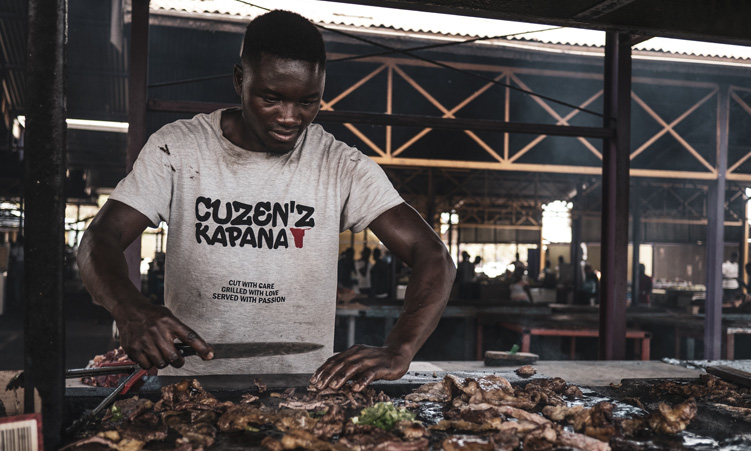
ERONGO
Swakopmund councillor Heinrich Hafeni says leadership and economic policies are vital in addressing rising unemployment concerns.
He believes the mining, green hydrogen, and fishing industries have significant potential, but says the benefits do not always reach those in need.
“True leadership is about creating a conducive environment for all of society to prosper,” he says.
Hafeni says investment is good for the community, particularly in terms of employment.
“But we need direct policies that encourage investment,” he says.
While acknowledging the government’s efforts, he calls on the private sector to complement these initiatives.
Some young people on the streets of Walvis Bay fear that despite living in a region of opportunity, they may never enjoy secure jobs.
“It is not that we do not want to vote.
I look around and see people getting jobs because of connections. What connections do I have?” says local resident Linda Armas.
Another Walvis Bay resident, Ndahafa Thomas, says frustration is leading especially the youth astray.
“People are already frustrated. Do not promise jobs if you do not mean it,” she says.
Taxi drivers at Walvis Bay say they wake up feeling hopeless every day, as their lives have not improved much over the past years, despite having obtained tertiary qualifications.
Taxi operator Onesmus Ndengu says it is sad that taxi operators are certificate and degree holders with no job opportunities in their fields of study.
Another taxi operator, Matheus Andjele, has graduated with a degree in human resource management and has also obtained a master’s degree in business administration.
“I could not get a job, and I am now driving a taxi. The government needs to do something, “he says.
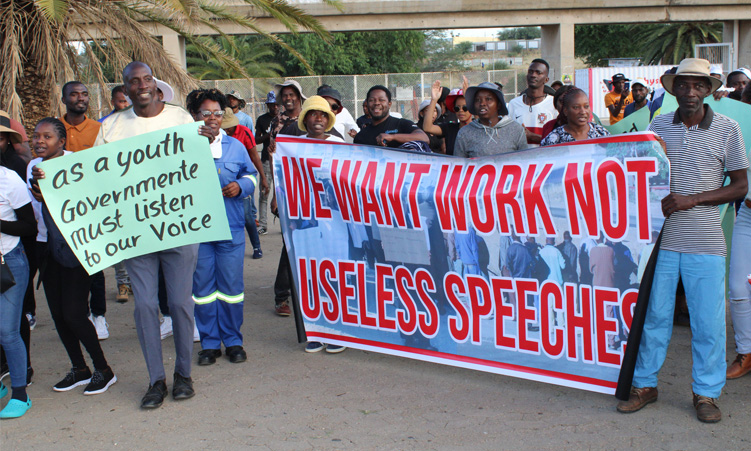
//KHARAS
Jolandi Christians(24) says she has been unemployed since completing school six years ago.
Christians says youth unemployment is the biggest cause of alcohol and drug abuse, as well as depression and suicide.
“I want the new government to pay attention to the well-being of young people, including their mental health. Imagine being unemployed for years, living with your parents or squatting . . . How worthless you feel . . ,” she says.
Christians says the Neckartal Dam irrigation project needs to be expedited to absorb multiple young people.
“This oil and gas seems like it will still take time. I will go and vote, but I want a job,” she says.
Immelda Rooi (26) says she fears that the oil and gas and green hydrogen industry jobs would only cater for a select few.
“I have registered to vote, because I want to have a voice and say I voted. I’m not nonchalant about the process or ignorant,” she says.
//Kharas governor Aletha Fredericks is hopeful that the emerging oil and gas and green hydrogen industries will make a difference.
“//Kharas has multiple opportunities on the horizon. My emphasis in this process is good governance, transparency and fairness, like our late president Geingob used to say, so that we can build trust between us and the electorate,” she says.
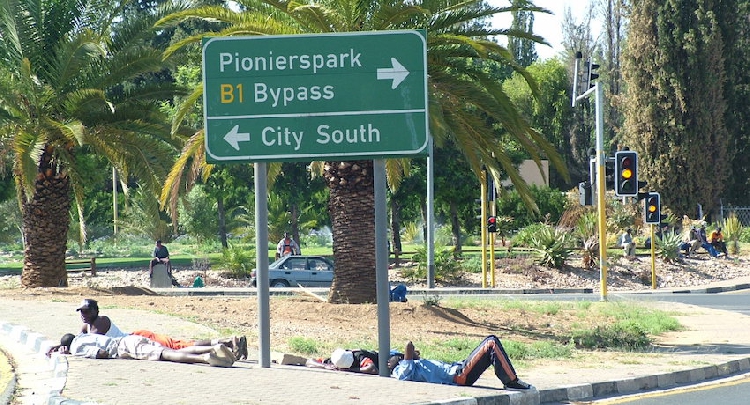
ZAMBEZI
Kongola-based Mulemwa Kalyanga (27) says job prospects in the settlement are non-existent.
“Employment is scarce at our settlement, as there are only small businesses that can only employ two to three people at a time,” she says.
“The way things are going, I don’t think voting would help change things, because we have been voting, but nothing changes,” she says.
Katima Mulilo-based education graduate Sydney Mwanalushi says since he graduated in 2021, he has been job hunting with no luck.
He says one needs connections to be employed.
“The government should do mass recruitment for teachers as well, like they did with the police and defence force,” he suggests.
KAVANGO EAST
Theophilius Disho, a resident of Rundu, feels older people are favoured when it comes to job opportunities.
“We, the youth, must cooperate to vote for change in the upcoming national elections,” he says.
Landless People’s Movement spokesperson Lifalaza Simataa said change occurs at slow pace because only a few Namibians consistently desire for it.
“That is why opposition votes are growing, slowly but surely. Progressing and moving.
“The citizens must know change is determined by their desire,” he said.
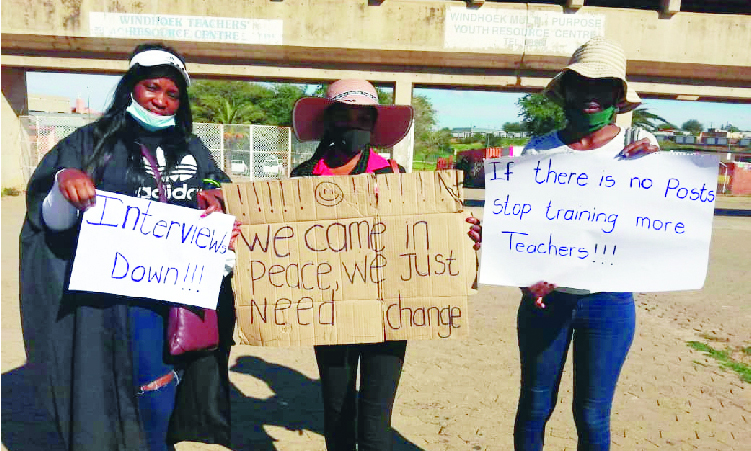
NOT THE ANSWER
Political analyst Erika Thomas says boycotting elections is not an answer.
“If unemployed voters don’t participate, those leaders that may now be elected will not be in the position to actually prioritise job creation that may actually happen after they have been elected.
“Now is the time to get rid of unwanted leaders peacefully. So, you have to vote. “ she says.
SELLING POLITICAL RIGHTS
Political analyst Rui Tyitende says those not willing to participate in the upcoming elections have sold their political rights.
“By not voting, they are directly and indirectly allowing their current socio-economic situation to remain the same or deteriorate. So, boycotting the election is not wise.”
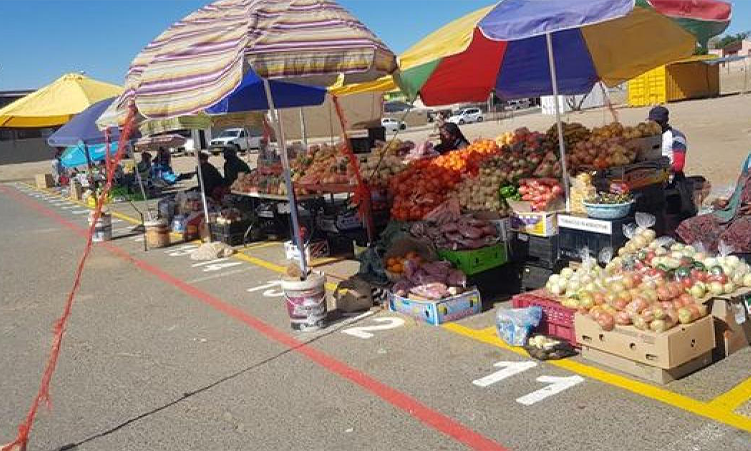
Stay informed with The Namibian – your source for credible journalism. Get in-depth reporting and opinions for
only N$85 a month. Invest in journalism, invest in democracy –
Subscribe Now!


